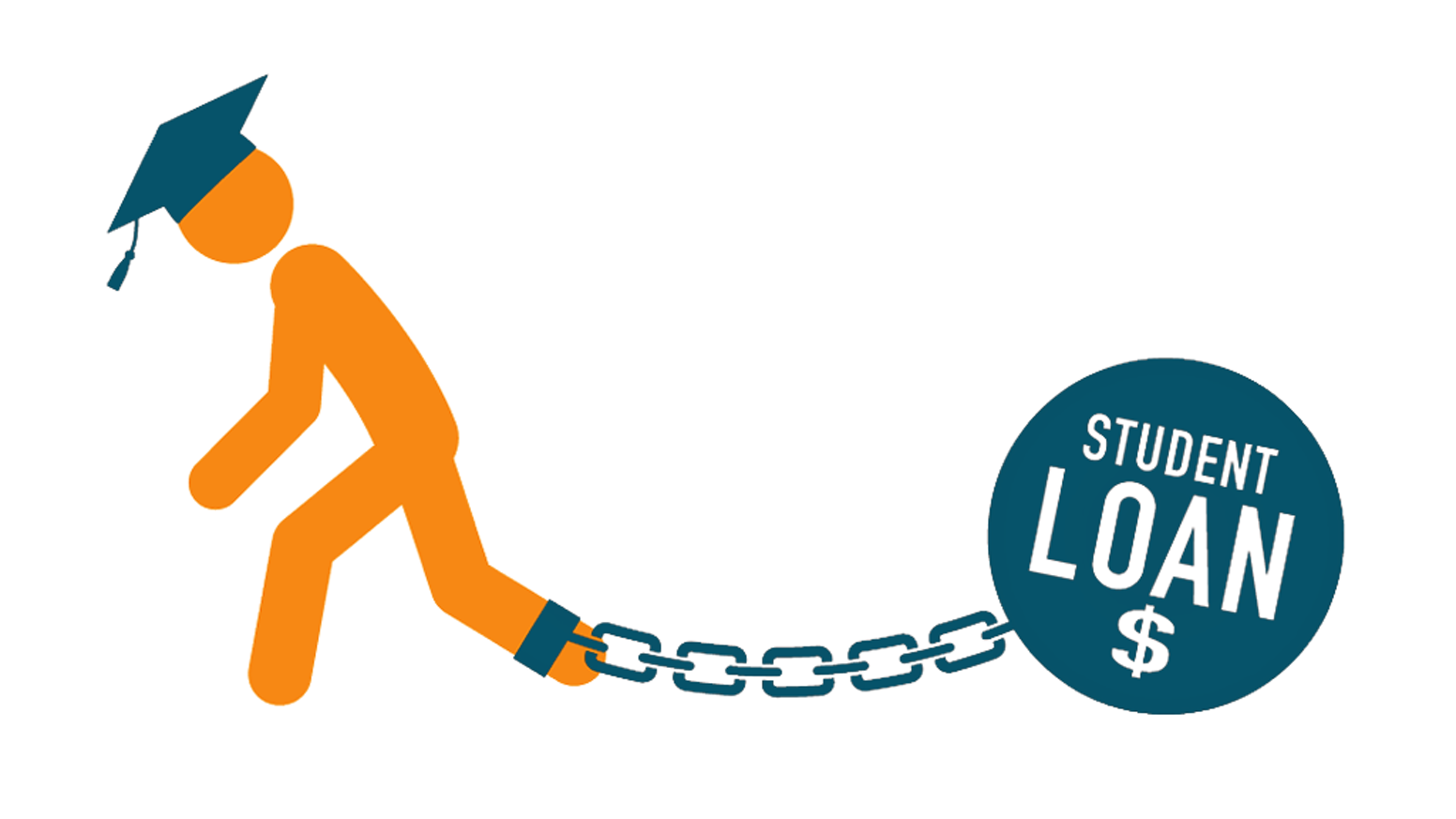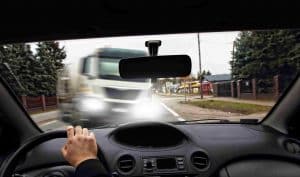Many people who file personal bankruptcy also have student loan debt. The obvious question they have regarding student loan debt is how that debt is treated in bankruptcy.
Let’s first start with the fact that in most cases, student loans are non-dischargeable debt. That means they survive bankruptcy. At the end of your bankruptcy, your student loans will remain your responsibility. There is a narrow exception to that general rule. The rules states that student loans must “impose an undue hardship on you and your dependents.” The Court has carved out the following test to define that rule;
- the debtor cannot maintain, based on current income and expenses, a “minimal” standard of living for the debtor and the debtor’s dependents if forced to repay the student loans;
- additional circumstances exist indicating that this state of affairs is likely to persist for a significant portion of the repayment period of the student loans;
- the debtor has made good faith efforts to repay the loans.
Generally, it is a very difficult burden to meet. So again, in most cases, student loan debts cannot be discharged in bankruptcy.
So, how are student loads treated in a bankruptcy? The simple answer is — they are handed like unsecured debt. Let me explain.
I have a client who sincerely wanted to pay the full monthly payment to her student loan, while in a Chapter 13 plan. Unfortunately, that may not be permitted. Since student loan debt is treated the same as unsecured debt (credit cards, medicals bills, etc…) the individual debtor can’t decide what to send student loans. Student loans will be sent what other unsecured creditors get.
For instance, if your Chapter 13 plan discharges all of your unsecured debt, then since unsecured creditors will not get any repayment, student loans will not receive anything during the 3 or 5 year plan. The bankruptcy action acts essentially as a forbearance of student loans. When you complete your Chapter 13 plan, your student loans will then come due again. If you are repaying 25% of your unsecured debt in your Chapter 13 plan, then a pro rata portion of that 25% will be paid to student loans directly by the Bankruptcy Trustee. In other words, your Chapter 13 plan dictates the amount student loans will receive during your plan.
Finally, I was asked by a client if student loan interest accrues during the Chapter 13 plan. The answer is — yes. Student loan interest continues to accrue during your repayment plan.
If you have any questions regarding bankruptcy and whether bankruptcy is indeed the best avenue for your financial problems or condition, call Mooney Law today for a FREE CONSULTATION. Call us at 717-632-4656 or 717-200-HELP. We will meet you at the Central Pennsylvania office closest to you.



